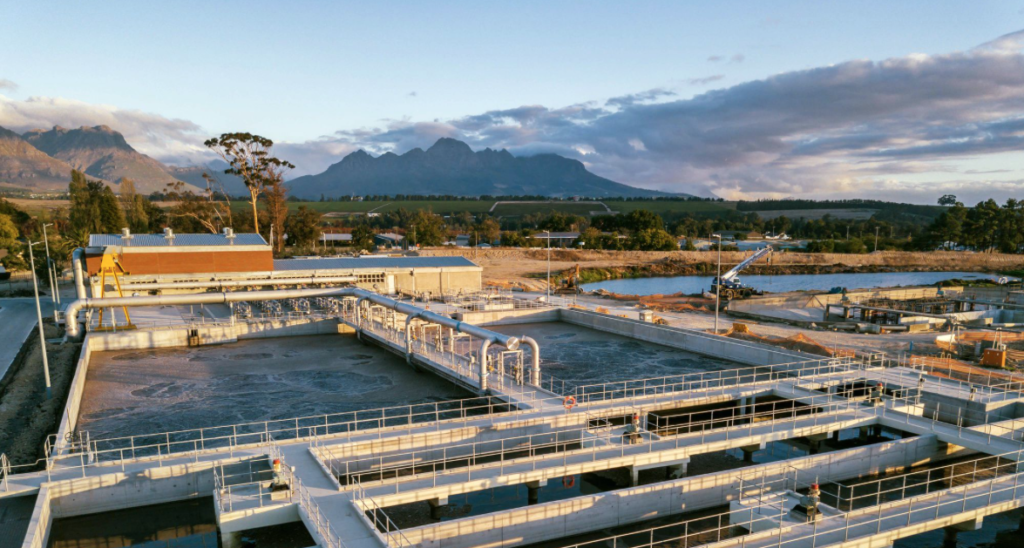The City of Cape Town has been working closely with the South African Medical Research Council (SAMRC) to detect the spread of Covid-19 in wastewater treatment plants.
The City of Cape Town was one of the first municipalities in the country to initiate this work and was already conducting tests by the time the Water Research Commission launched its national Covid-19 wastewater surveillance framework.
Xanthea Limberg, The City’s Mayoral Committee Member for Water and Waste, told News24 that when the national lockdown started, water scientists and epidemiologists initiated a wastewater surveillance programme together with academics to monitor the trends.
“Test results from different wastewater treatment facilities have consistently shown a good correlation with Covid-19 caseloads in the metro. This is useful because it allows us to understand the outbreak within the metro and focus our containment efforts to specific areas when high levels of the viral RNA are detected in its waste water. Many people do not experience symptoms of the virus, so wastewater analysis provides a more accurate picture of the extent of an outbreak,” said Limberg.
RNA is genetic material similar to DNA.
A document released last month regarding tests done at 21 wastewater treatment plants shows an increase in SARS-CoV-2 RNA detections at nine plants. These plants include Mitchells Plain, Camps Bay, Athlone and the Cape Flats.
City of Cape Town Mayoral Committee Member for Community and Health Services, Zahid Badroodien, told News24 they have seen an increase in Covid-19 detections.
However, the uptick is no cause for alarm.
“The cause of the increase may be attributed to a very slight increase in caseloads [for example] due to a localised outbreak, and this will be correlated to detected caseloads and contact tracing done by the health department. The trend thus far has shown that when an increase or decrease in RNA fragments is found in water waste, there is a lag of about two weeks where we may see an increase or decrease in case numbers. However, this association is not consistent and we will be watching the trend over the next few weeks,” Badroodien said.
Wastewater testing in South Africa is not something new and was used previously to detect polio cases and other diseases.
Tests are conducted every Monday.
Image: Supplied

